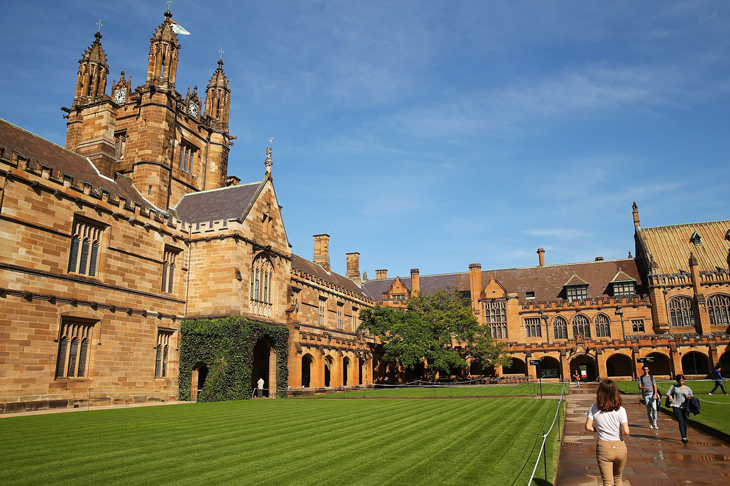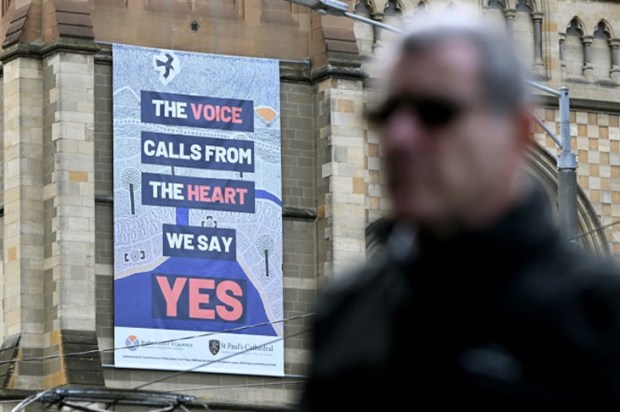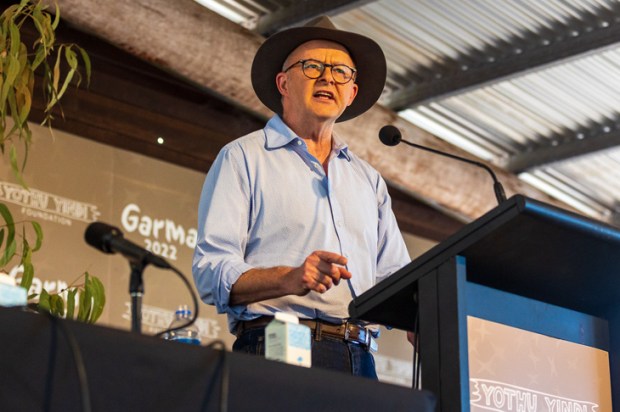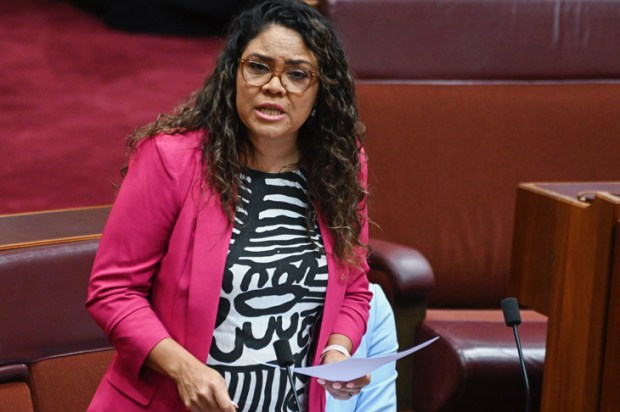On academic freedom
The dismissal of Tim Anderson from his academic post at the University of Sydney has triggered a lively debate about academic freedom.
For the most part, this has followed predictable lines. For some, Anderson’s misdeed (showing the Israeli flag with a swastika superimposed on it to his class) trumps everything else. This was, for them, a straight-forward sackable offence with no wider ethical or other implications. Others, from both conservative and left-leaning camps, have invoked the idea of free speech, pointing out that Voltaire-like, we must defend Anderson’s rights (and his continued employment) even as we condemn the content of his views.
But in the midst of this dispute, Henry Ergas’s contribution (in the Australian on 1 March) caught my attention. Not so much for the final judgment he tendered (that Anderson should be dismissed) but because of the curious arguments he offered in support of it. Ergas claims to be upholding the idea of academic freedom, but his views (if we put the odious Anderson case to one side) read to me as a manifesto for academic intolerance and orthodoxy. Ergas is someone I admire, I should add, so this came as an unwelcome surprise.
Ergas says academic freedom comes with the obligation of universities to help in the ‘methodical discovery and teaching of truths about serious and important things’. The academic, therefore, must ‘preserve and advance’ the ‘best methods’ of research and thinking. Yes, Ergas concedes, science is ‘subject to revision’, but the responsible teacher must distinguish fact from opinion. As Max Weber (who he quotes) wrote, the ‘most abhorrent’ abuse an academic can commit is to ‘pretend that controversial assertions have greater authority than the best scientific and scholarly evidence can justify’.
This is a remarkable take on academic freedom. When we say that academics are free provided that they uphold what is ‘best’ in science and scholarship, it begs two questions. Who decides this vexed question? And what criteria do they apply?
Let’s go through the candidates. University administrators, as so many bean-counters and managers, are surely not qualified. Nor, I would have thought, would be politicians or the general public. So what about the academic community? Does the dissident academic get voted off the ivory tower by his peers? Given how bitchy these groups are, how would we guard against vexatious decisions? And what about disciplinary boundaries? Are sociologists qualified to pass judgement on nuclear physicists? Economists, gender studies experts? Theology lecturers, evolutionary biologists? Or do we develop a meta-disciplinary test of academic fitness or competence?
More seriously, Ergas’s defence of established orthodoxies ignores how knowledge advances. As Thomas Kuhn reminded us, this is a story of periodic revolutions rather than the continuous development and revision of a single body of thought. It is a recurring contest between a dominant orthodoxy, often backed by powerful political interests, and an upstart alternative. An alternative which is initially dismissed as unscientific, immoral and even corrupting of youth, before it eventually prevails.
We are all familiar with the crumbling of previously-dominant orthodoxies in astronomy, biology, physics and economics. While sometimes the transition is smooth, it is more often hard-fought as careers, economic interests and cherished views of the world are challenged.
I am not suggesting for one moment that Tim Anderson is a dissident in this regard. I’ll return to him later. My point is that Ergas’s arguments against Anderson could be used, word-for-word, to dismiss any academic who dares challenge the intellectual status quo.
I am thinking of the climate scientist who insists on treating global warming theory as a tentative hypothesis rather than a revealed truth; or the historian who insists on doing justice to the richness, subtlety and majesty of the past in defiance of his post-structuralist peers; or the psychologist who questions the latest fads about gender and identity.
In each one of these cases, the academic concerned would be guilty of Max Weber’s crime of elevating ‘controversial assertions’ to the level of the dominant orthodoxy. By Ergas’s own argument, they would merit dismissal. This weapon, as we all know, has been wielded to devastating effect.
So where does this leave us in the Anderson case? If I disagree with Ergas’s reasoning, I cannot agree with those who, on the other side, see him as a flag carrier for academic freedom. Indeed, Anderson’s views on Israel, while objectionable to me, strike me as predictably conventional. Ergas suggests there is something shocking and exceptional about his demonisation and de-legitimisation of that country, but when I was at Sydney University in the 1980s, it was common fare.
So let me suggest an alternative, if somewhat cynical, explanation for Anderson’s ouster. Perhaps Anderson was guilty of transgressing an unspoken rule: that if you are reflexively anti-Israel, you must give expression to this prejudice in an acceptable manner. Use fine-sounding phrases drawn from the human rights literature, quote from multiple UN general assembly resolutions, even call for sanctions and boycotts. But under no circumstances, go as far as Anderson did.
It’s a provocative thought, but perhaps it would have been better for the friends of Israel for Anderson to remain in place. As we all know, the misplaced Nazi analogy never wins the argument. In fact, you would hope that intelligent students, by being exposed to Anderson’s virulent prejudice, might be inoculated against the wider disease. A disease which, sadly, looks like it is once again spreading.
Got something to add? Join the discussion and comment below.
Get 10 issues for just $10
Subscribe to The Spectator Australia today for the next 10 magazine issues, plus full online access, for just $10.
You might disagree with half of it, but you’ll enjoy reading all of it. Try your first month for free, then just $2 a week for the remainder of your first year.














Comments
Don't miss out
Join the conversation with other Spectator Australia readers. Subscribe to leave a comment.
SUBSCRIBEAlready a subscriber? Log in